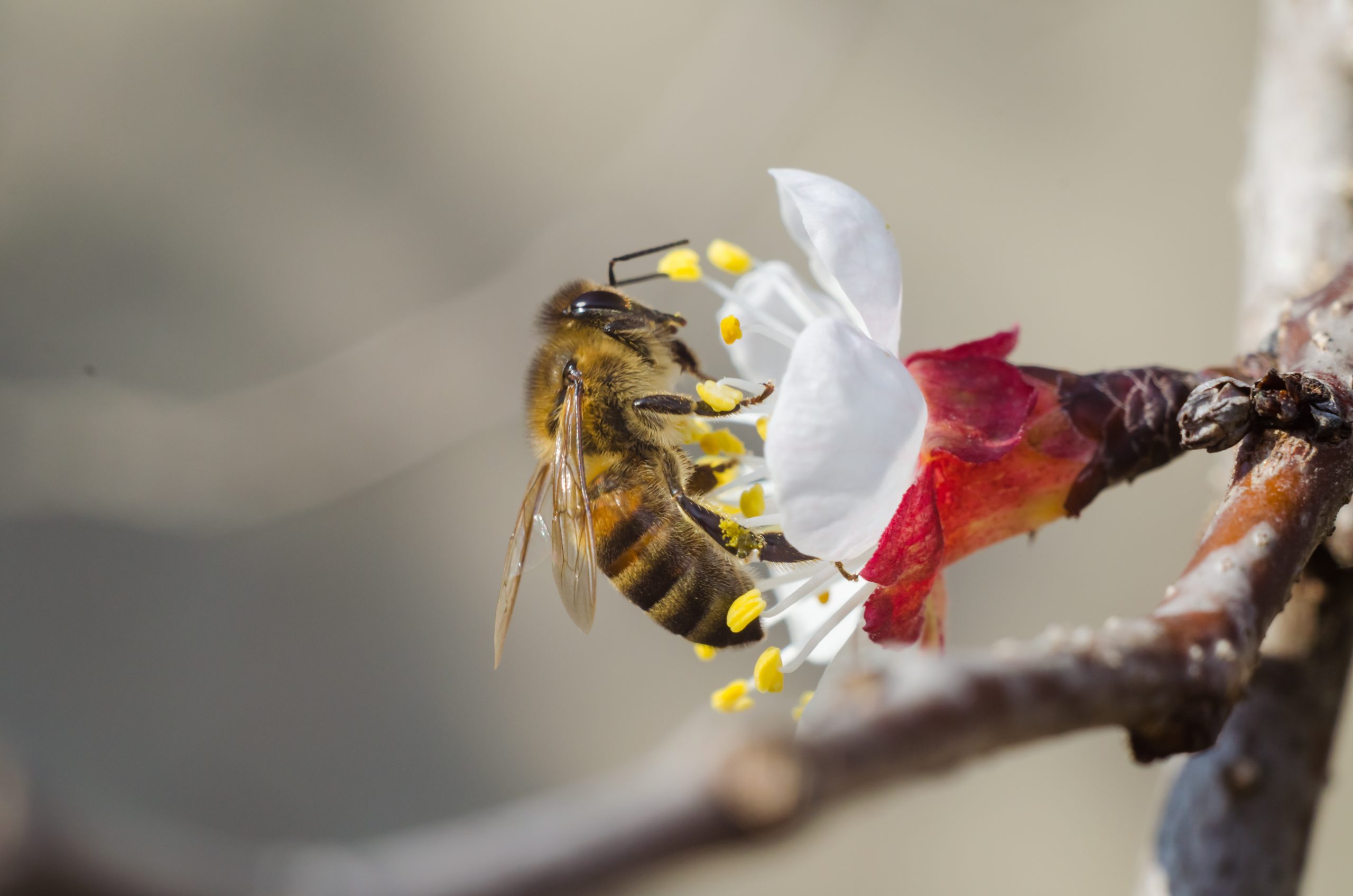‘Bee-Friendly’ Pesticides May Be Hurting Them
August 26, 2016
Bee Colony Collapse, Honey Bees
There have been many efforts on the part of researchers to find ways of helping honeybees fight off diseases, pathogens, and parasites like the elusive varroa mite. Some of those efforts include designing pesticides that combat the effects of these factors without harming the bees themselves—something especially crucial these days considering the deadly effects neonicotinoid pesticides are believed to have on honeybees and other pollinators. While many speak to these pesticides keeping off varroa mites and other parasites, a new discovery is showing some of the pesticides to have other serious effects on honeybee health as well.
These supposed ‘bee-friendly’ pesticides may actually be hurting honeybees by “damaging the bacteria communities in their guts,” according to a study recently published in the journal Frontiers in Microbiology. This discovery, founded by a team led by Virginia Tech scientist Mark Williams, is concerning because alterations like this can affect the gut's ability to metabolize sugars and peptides—processes vital for a honeybee’s health.
"Although helpful for ridding hives of parasites and pathogens, the chemicals in beekeeper-applied pesticides can be harmful to the bees," Williams said, who is also an associate professor of horticulture in the College of Agriculture and Life Sciences. "Our research suggests that pesticides could specifically impact the microbes that are crucial to honeybee nutrition and health."
In order to make their discovery, Williams’s team extracted genetic data from honeybees living in their study’s hives, some of which were treated with three different kinds of pesticides and then compared with those that were not treated with pesticides. According to Williams, honeybees from chlorothalanil-treated hives showed the greatest change in the gut’s biome of microbes. With this new data, the team plans on investigating specific changes in the activities of gut microbiota affecting honeybee survival, which in itself is especially crucial to our own survival in terms of food production.
"Our team wants to better describe the core microbiota using bioinformatics to help best characterize the microbes that support healthy honeybees and thus stave off disease naturally," said co-author Richard Rodrigues, a postdoctoral researcher at Oregon State University and a former graduate student in Williams's lab. In Virginia specifically, the estimated rate of hive loss is more than 30 percent per year, whereas national US hive loss was estimated around 44 percent last year, according to the USDA. Continued losses are expected to cause rises in the costs of important crops that honeybees make possible, such as squash, melon, apples, and many other assorted crops.


.jpg)




